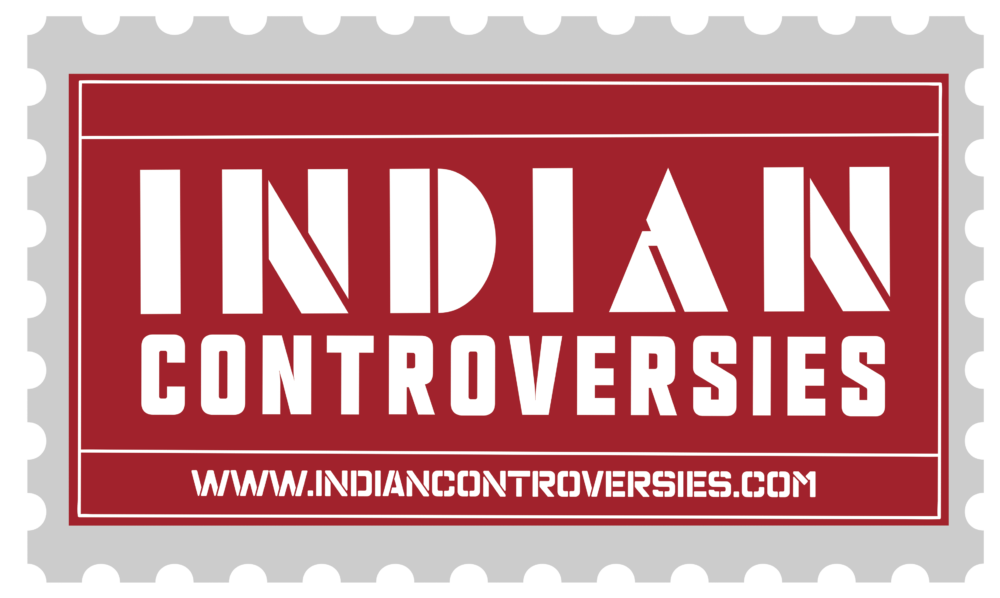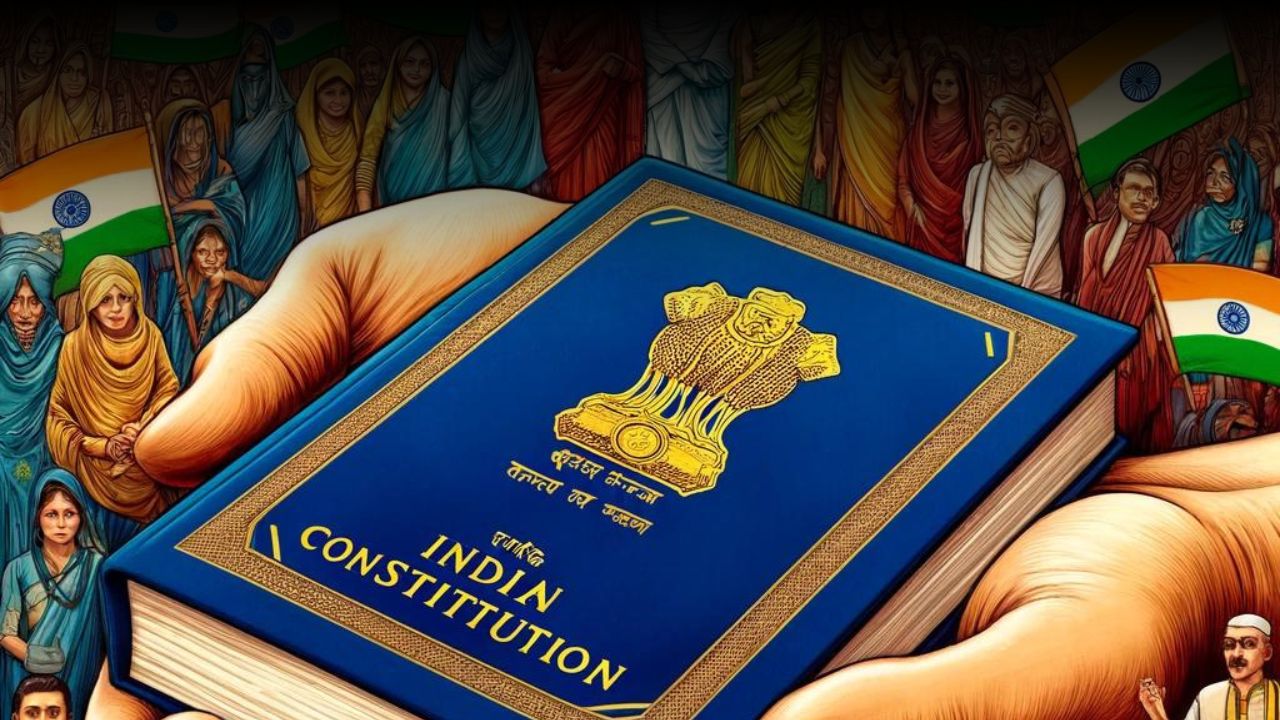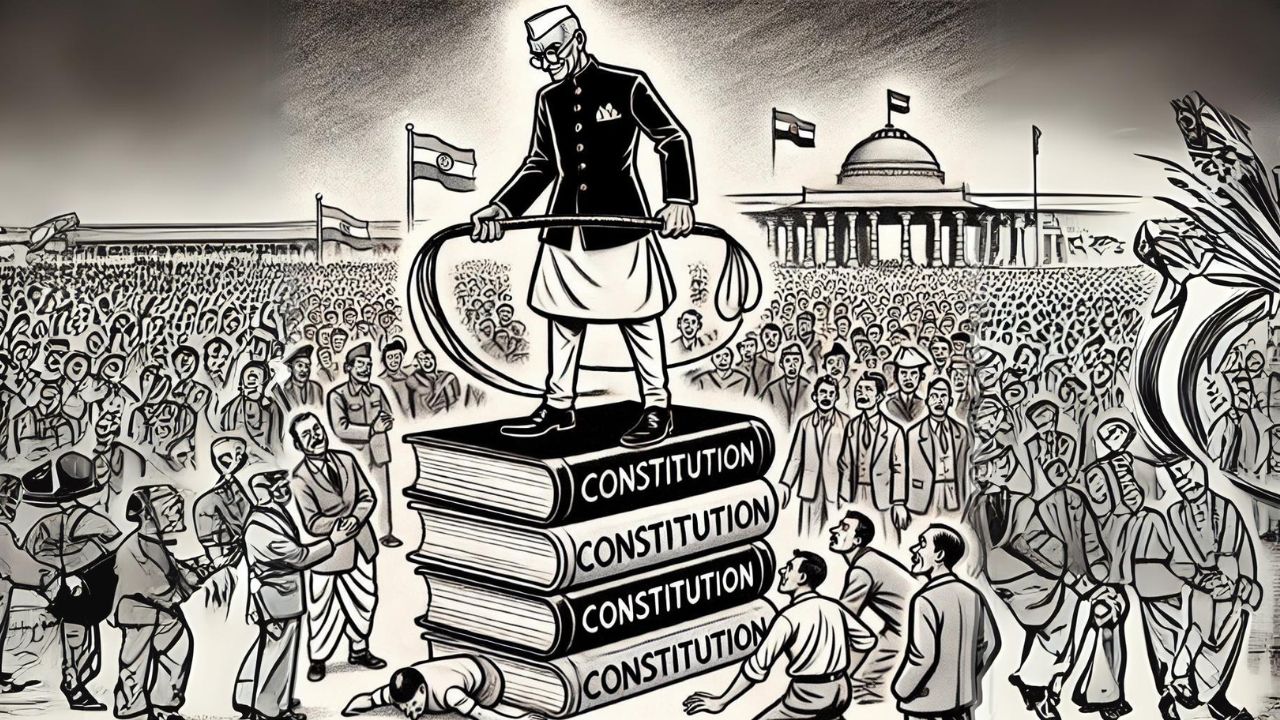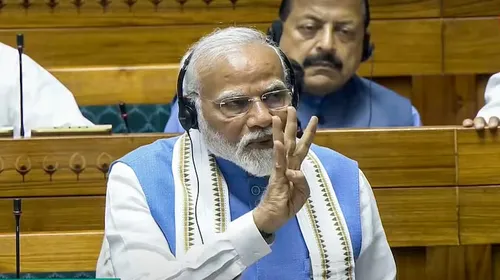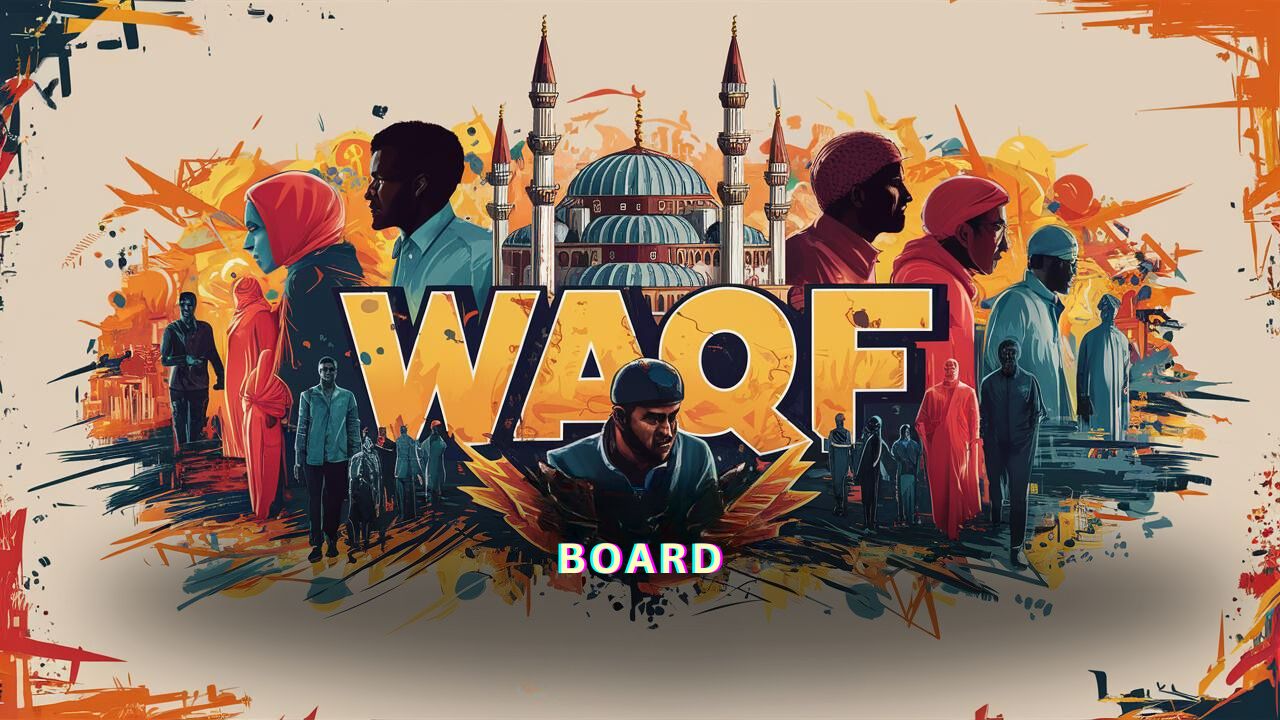The article argues that Hindus in India are constitutionally denied the same rights in matters of religion, education, and culture that are afforded to minorities. It claims that while Hindus have full political rights, they face significant restrictions and discrimination compared to minorities, reducing them to second-class citizens in their own country. The article scrutinizes several articles of the Indian Constitution and their implications on the rights of Hindus.
Political and Religious Rights
Despite being the majority, Hindus are said to lack the freedom to manage their educational institutions without state interference, unlike minorities. Their ancient texts and civilizational knowledge are excluded from public education, allegedly leading to a disconnected youth from their heritage. The article suggests that public education brainwashes Hindu students into self-loathing and disowning their culture, as evidenced by anti-national slogans from some youth.
Freedom of Religion
Article 25 of the Constitution guarantees the freedom of religion, encompassing the profession, practice, and propagation of religion. However, the article contends that this freedom is not equally applicable to Hindus. In regions where Hindus have become minorities, such as Kashmir, they have faced religious persecution and genocidal purging without adequate protection. The article draws a stark comparison between the muted response to the persecution of Kashmiri Hindus and the outrage following the Godhra riots in Gujarat.
Practicing Hindu Religion
Hindu religious practices face selective interference through Hindu-specific personal laws, ignoring the constitutional directive for a uniform civil code. Practices deemed superstitious by the state are criminalized, while similar practices of other religions are tolerated or even encouraged. Celebrations and traditions like those at Sabarimala, Shani Mandir, and festivals like Jallikattu and Diwali are restricted or demonized.
The article also highlights the hypocrisy in the treatment of animal killing, where Hindu practices are scrutinized while massive meat exports, contrary to Article 48 of the Constitution, are encouraged for economic gain. This selective enforcement is seen as an effort to undermine Hinduism under the guise of reform.
Propagation of Religion
The right to propagate religion, enshrined in Article 25, is meaningless for Hinduism, a non-proselytizing faith. The article argues that this right disproportionately benefits proselytizing religions, enabling them to convert Hindus and other indigenous faiths. It points out that many countries, including Islamic nations and Greece, have banned conversions to protect their native religions and cultures.
Control of Hindu Temples
Article 26 guarantees freedom to manage religious affairs, yet most Hindu temples are under state control, contrary to Supreme Court rulings against such nationalization. The takeover of over 100,000 temples and their assets has crippled Hinduism, depriving it of resources and institutional capacity for self-sustenance. This state control is contrasted with the autonomy given to mosques and churches.
Sectarian Public Funding
Article 27 prohibits the use of taxes for the promotion of any particular religion, yet the state provides significant funding for minority religious schemes. This allocation of secular public funds to religious minorities is seen as encouraging conversions, effectively using taxpayer money to proselytize Hindus. The article argues for socio-economic criteria, not religious identity, as the basis for welfare schemes to maintain national unity.
Educational Rights
Article 28 bans religious instruction in public education, which the article claims is selectively enforced against Hindu texts and knowledge. This exclusion denies Hindus access to their civilizational heritage through public education, while articles 29-30 protect minority rights to establish educational institutions to teach their religion and culture. The 93rd constitutional amendment and the Right to Education Act are cited as further exacerbating state interference in Hindu educational institutions.
Cultural Rights
Article 29 grants cultural rights, but the article argues that its marginal heading’s mention of minorities leads to an interpretation that these rights are exclusive to minorities, not the majority Hindus. This exclusion fuels fragmentation within Hindu society, as some sections demand separate religion status to claim minority rights.
Appeal for Equal Rights
The article concludes with an appeal to Prime Minister Narendra Modi to amend articles 25-30 to provide Hindus with equal rights on par with minorities. It emphasizes that Hindus are not seeking more rights but equal rights, which is fundamental to a secular democracy. The call is for Modi to be recognized as a civilizational leader by ensuring that Hindus are no longer constitutionally subjugated.
In summary, the article presents a comprehensive critique of the Indian Constitution’s provisions and their implementation, arguing that they result in systemic discrimination against Hindus in matters of religion, education, and culture. It calls for constitutional amendments to establish true equality and protect the rights of the Hindu majority.
